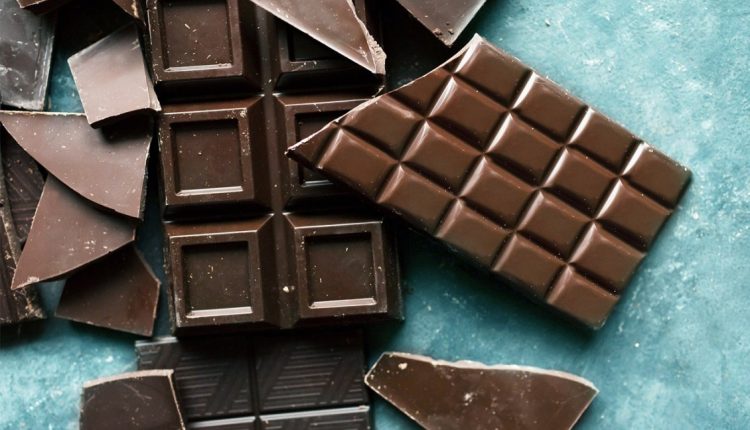KUALA LUMPUR (April 22): The Ministry of Plantation Industries and Commodities (MPIC) aims to make Malaysia the ‘King of Asia Chocolate’ by highlighting the unique quality, nutrition and taste of cocoa grown in the country.
Its Minister Datuk Dr Mohd Khairuddin Aman Razali said Malaysia was the second largest cocoa grinder in Asia and was able to achieve that goal because it had suitable land to submit a ‘single origin’.
“For this region, we want to make Malaysia the ‘King of Asia Chocolate’ which means at the Asian level, Malaysia is championing it because we are the main grinder and we have good ground for us to submit a ‘single origin’.
“If you want to be the ‘King of Asia Chocolate’, there must be a specialty to be presented to the world,” he told the media after the signing of a Memorandum of Agreement (MoA) between the Malaysian Cocoa Board (MCB) and Pertubuhan Peladangan Kawasan (PPK) Bagan Datuk, Perak and a Memorandum of Understanding (MoU) with Universiti Malaysia Pahang at Hotel Premiera today.
He said chocolate production in the country offered different flavours with certain ‘single origin’ such as ranau cocoa and peninsula cocoa.
“Each type of soil provides different nutrients. This is what we want to focus on and we have carried out research. We want to popularise our chocolate and highlight the benefits and taste,” he said.
To date, the country’s cocoa crop is cultivated over 5,897 hectares.
He said MPIC encouraged the cooperation of various parties, especially government agencies, private agencies, associations and industry players to expand the country’s cocoa plantations.
On today’s event, Mohd Khairuddin said the MoA between MCB and PPK Bagan Datuk is a collaboration in the development of cocoa cultivation in integration with coconut cultivation for the implementation of the Cocoa Plantation Sustainable Development Project.
Through the cooperation, MCB agrees to lease 28.3 hectares (70 acres) of land in the Bagan Datuk MCB Cocoa Research and Development Centre to be operated by the PPK Bagan Datuk.
In return, MCB will play a role in providing technical advice to cocoa growers on the integration with coconut cultivation and ensure that the concept of integrated crops gets profitable returns.
“I hope this cooperation can be implemented through PPKs in other districts and states,” he said.
Meanwhile, the MoU between MCB and Universiti Malaysia Pahang involves research collaboration related to projects to develop healthcare products and develop e-nose sensor technology.
The product to be developed is a healthcare product based on extracts from the cocoa tree.
“The e-nose sensor technology will use an artificial intelligent (AI) system that will match the human senses to strengthen the quality inspection of cocoa beans through the recognition of smell, taste and active ingredient profile.
“One of the factors that reduces the quality of dried cocoa beans is the presence of foreign odours such as smoke, unpleasant odours and other odours due to pollution during drying cocoa beans and during storage.
“This e-nose sensor technology will be able to help speed up and improve the efficiency of odour and taste determination in the early stages of cocoa bean quality inspection,” he said.-BERNAMA

